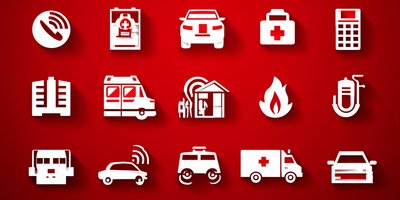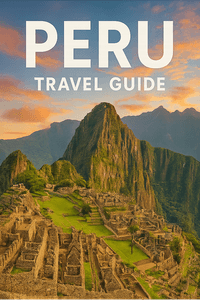Traveling to Peru and exploring the majestic Machu Picchu is an unforgettable experience, but being prepared for emergencies is essential. Carrying a basic first aid kit is a wise choice; items like band-aids, antiseptic wipes, and pain relievers can be invaluable. Healthcare in Peru, especially in rural areas, can be limited. It's advisable to have travel insurance that covers medical emergencies and air evacuation if necessary.
Emergency numbers in Peru are different from those in other countries: the police can be reached at 105, while the fire department can be contacted at 116. Always keep a list of local emergency contacts in your wallet or phone. When hiking around Machu Picchu, be aware of the altitude. Symptoms of altitude sickness include headaches, nausea, and fatigue. Acclimatizing properly before your trek can help mitigate these risks.
If you experience any health issues, local pharmacies in Cusco and Aguas Calientes can provide basic medications. Also, consider downloading an offline map of the area and familiarize yourself with the layout of Machu Picchu before your visit. In case of lost belongings, report thefts immediately to the local police. Having photocopies of your passport and other important documents can expedite this process.
Understanding the local culture can also help you navigate emergencies. Peruvians are known for their hospitality, and locals often go out of their way to assist tourists. Whether you need directions or help in a crisis, don't hesitate to ask for assistance. Finally, always keep your personal belongings secure and stay vigilant in crowded areas. Being aware of your surroundings can help prevent potential emergencies during your travels.






